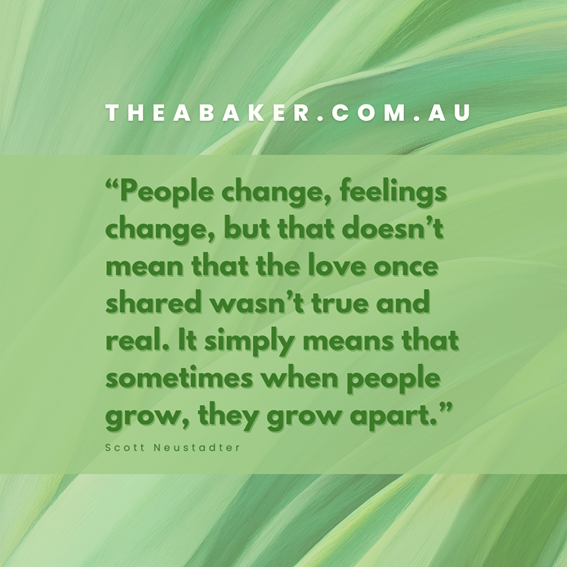Finding your people
Finding your people
I really considered whether this time of year was appropriate to share my thoughts on this topic, because I am acutely aware that for some people the holiday / festive / Christmas period can feel really quite lonely and the absence of people (friends, loved ones etc.) is felt even more acutely. And then I got to thinking that actually in many respects this is exactly the ‘right’ time to introduce this topic because the message probably needs to be heard now more than ever. Having said all that though, if this is a particularly painful topic for you right now, maybe come back to this blog at another time.
If you’ve read this blog for a while, or you know me personally, you will know that I feel strongly that understanding the context of topic or subject (or story) is really important. This often leads to me telling quite lengthy stories with my children often lamenting, “the short version please Mummy!” However, when it comes to this topic I really do want to share where some of my thoughts have come from because there have been probably 3 different threads that have coalesced and come together to inform this week’s sharing. Firstly, I’m a therapist that unashamedly sees the world through a trauma lens and so I’m informed routinely by the impact of both attachment and event-based traumas on not only individual’s relationships with themselves but most importantly for this topic, their relationships with other people. Through my work in clinical practice, I am acutely aware of how trauma impacts people’s capacity to form and maintain safe and life-enhancing relationships. Trauma causes people to mistrust, misjudge, and often not believe themselves ‘worthy’ of solid friendships and relationships – sometimes it impairs judgement or impacts the ability to discern what (who) is or isn’t safe, reliable, and loving. Lastly, if we believe ourselves to be fundamentally unlovable it follows that friendships and relationships don’t evolve easily.
Secondly, a month or so ago I was interviewed on Kylie Patchett’s menoPAUSE podcast (click HERE to listen) and one of the conversations we got into was around how often women during their peri-/ menopause finding themselves culling friendships or actively distancing themselves from people that they had previously considered good friends and wondering what was happening or what it means about them. (Remember that the stories that we tell ourselves about our actions or behaviours are the real issue.) Now there’s a whole separate conversation that we could have here, and we do talk about it more in the podcast, but the point I want to raise is how often I’m talking with people about the evolution of friendships (and friendship groups) that repeat long after high school!
Lastly, I went back to present at a conference that I haven’t been to since 2019 and COVID-19 changed all the things. Being amongst people who I used to consider my peers and friends but who, four years later I was suddenly and acutely aware just weren’t my people anymore. And that isn’t because of anything ‘bad’ but just because life happens to us all and when it does, we change and often that results in changes to connection. So, all of that context has informed this reflection on friendships, connections and my attempt to bust some myths around finding (and keeping) our people.

- Myth: you’ll immediately know when you’ve found one of your people
Reality: it takes time to truly know someone and discern whether they are going to become part of your deeply connected friends. This is especially true if you’ve experienced trauma because our discernment can be affected by negative beliefs that we carry about ourselves and other people.
- Myth: your interests should match up and you will share the same passions / hobbies
Reality: it’s more important for your values to align or at least overlap in key areas that deeply matter to you because it’s the core character traits in people that help support connection rather than interests that can change more readily. Where we share values with people we create space for appreciating differences in superficial things like hobbies because we are bonded by a deeper connection.
- Myth: you will have similar backgrounds or life experiences to share
Reality: sure, sometimes it feels amazing to be able to have a shared background / lived experience or be in the same life-stage because we can feel understood more easily. However, there’s a lot of goodness that comes from having a broad network of relationships including cultural backgrounds, age/life-stage etc. We grow and evolve as we are exposed to difference and variety.
- Myth: a true friend will (almost) always agree with your choices and that’s an indication that they truly ‘get’ you
Reality: openness and honesty are much more precious in relationships than agreement. Having someone who can lovingly and without judgement provide you with a ‘reality check’ is a beautiful and caring gift. Being surrounded by people who agree with you without discernment can be enabling and ultimately life-limiting.
- Myth: your tribe / people will last a lifetime
Reality: sure, this is true for some people and for some friendships but it’s very reasonable and realistic to expect some friendships to be ‘for a season or a reason’. For example, the friends that you make during early motherhood might not last through the later stages of motherhood. People grow apart emotionally and physically. As we change and evolve at different rates, we might find ourselves at odds with friends who are on different paths. And it stands to reason that we might find ourselves connected to other, new people that we meet along the way.
If you’d like to have some space to explore your friendships / relationships please get in touch with us as some members of our team have immediate availability: www.theabaker.com.au / hello@theabaker.com.au / 03 9077 8194.
